May 14, 2009

Call him Cool Yul. If you're a fan of "
Survivor," you know who
Yul Kwon is. He's the Korean American attorney who won the "
Cook Island" season (season 13), helping to chip away at the myth that Asian men are meek and mild-mannered geeks. He was a good student, all right, and he works hard, so he fulfills the "model minority" stereotype in those ways. But he's also buff, handsome, an eloquent speaker (even though he says he hates public speaking) an Asian American activist and just plain cool.
Kwon was in Colorado yesterday, as the main speaker for an APA Heritage Month celebration organized by the MillerCoors Asian Network, the beer-maker based in Golden just west of Denver. Also on the bill were traditional Filipino dances by members of the
Filipino American Community of Colorado, and terrific Filipino food by local chef
Leah Eveleigh's Tropical Grill Catering. The turnout was smaller than it should have been -- shame on the local Asian American community for not coming out to support this kind of event, which was free of charge and featured a nationally-known celebrity as a draw. But the crowd that was there about half Asian descent, and mostly curious Coors employees and their families, was appreciative of Kwon's speech, and the performances and food.
I thought Kwon's speech was especially notable. He'd been to Denver before, last year during the Democratic National Convention, to urge Asian Americans to register to vote. He's still passionate about having AAPIs involved in politics, but he's not so interested in running for office himself, as he explained to a fan who asked. But his speech was all about his experiences growing up Asian in America, and how important it is for our future to have AAPIs to look up to as role models.
He explained how he grew up without seeing anyone who looked like him on TV or in movies, except people who were subservient, foreign and exotic, or at the other end of the scale, martial arts masters.
 There are very few non-fiction books that I would insist that anyone interested in Asian American history and culture must read. There are other important books, but these are the ones that have helped me form my sense of identity as an Asian American.
They include Helen Zia's "Asian American Dreams," Bill Hosokawa's "Nisei: The Quiet Americans," Phoebe Eng's "Warrior Lessons," Ben Fong-Torres' "The Rice Room" and Ronald Takaki's "Strangers from a Different Shore."
Ronald Takaki, who wrote or co-authored more than a dozen books about Asian American identity and race in America, passed away May 26, too young at the age of 70. His landmark book, "Strangers from a Different Shore" was the one that helped me understand the historical flow of Asians to the United States, ethnic group by ethnic groups, and their struggles to be accepted by their new country. If Bill Hosokawa's "Nisei" helped me realize who I was as a Japanese American, Takaki, along with Helen Zia's "Asian American Dreams," helped me figure out my place in a larger context.
There are very few non-fiction books that I would insist that anyone interested in Asian American history and culture must read. There are other important books, but these are the ones that have helped me form my sense of identity as an Asian American.
They include Helen Zia's "Asian American Dreams," Bill Hosokawa's "Nisei: The Quiet Americans," Phoebe Eng's "Warrior Lessons," Ben Fong-Torres' "The Rice Room" and Ronald Takaki's "Strangers from a Different Shore."
Ronald Takaki, who wrote or co-authored more than a dozen books about Asian American identity and race in America, passed away May 26, too young at the age of 70. His landmark book, "Strangers from a Different Shore" was the one that helped me understand the historical flow of Asians to the United States, ethnic group by ethnic groups, and their struggles to be accepted by their new country. If Bill Hosokawa's "Nisei" helped me realize who I was as a Japanese American, Takaki, along with Helen Zia's "Asian American Dreams," helped me figure out my place in a larger context.




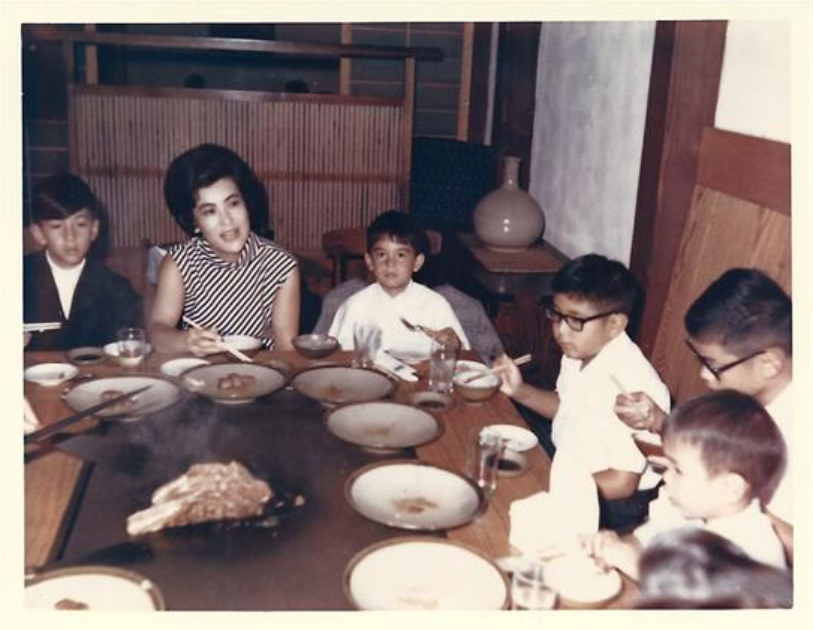
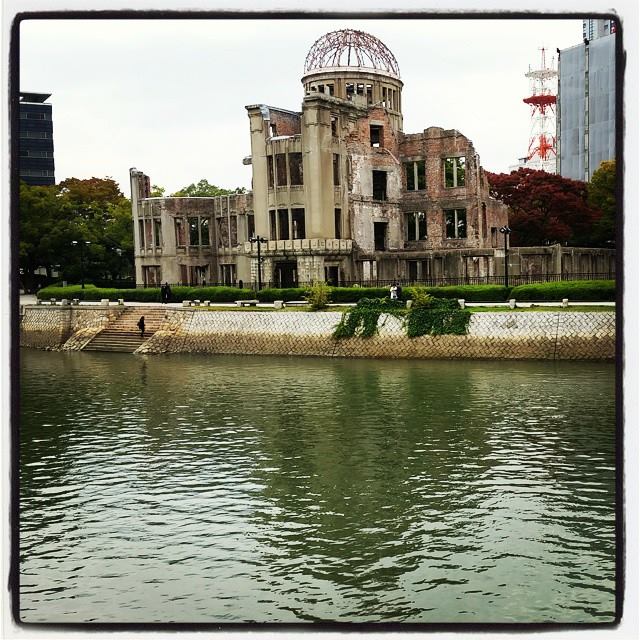
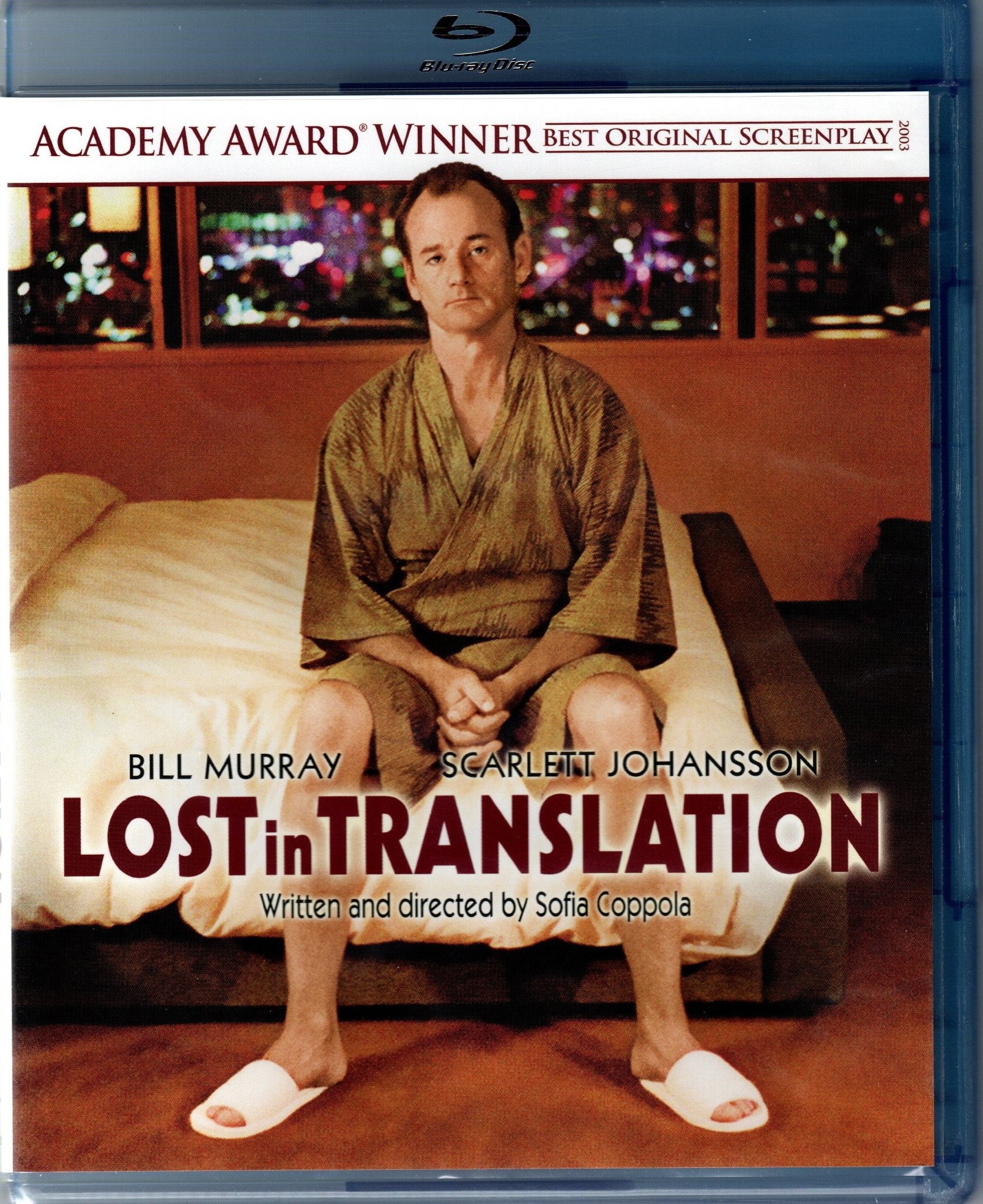
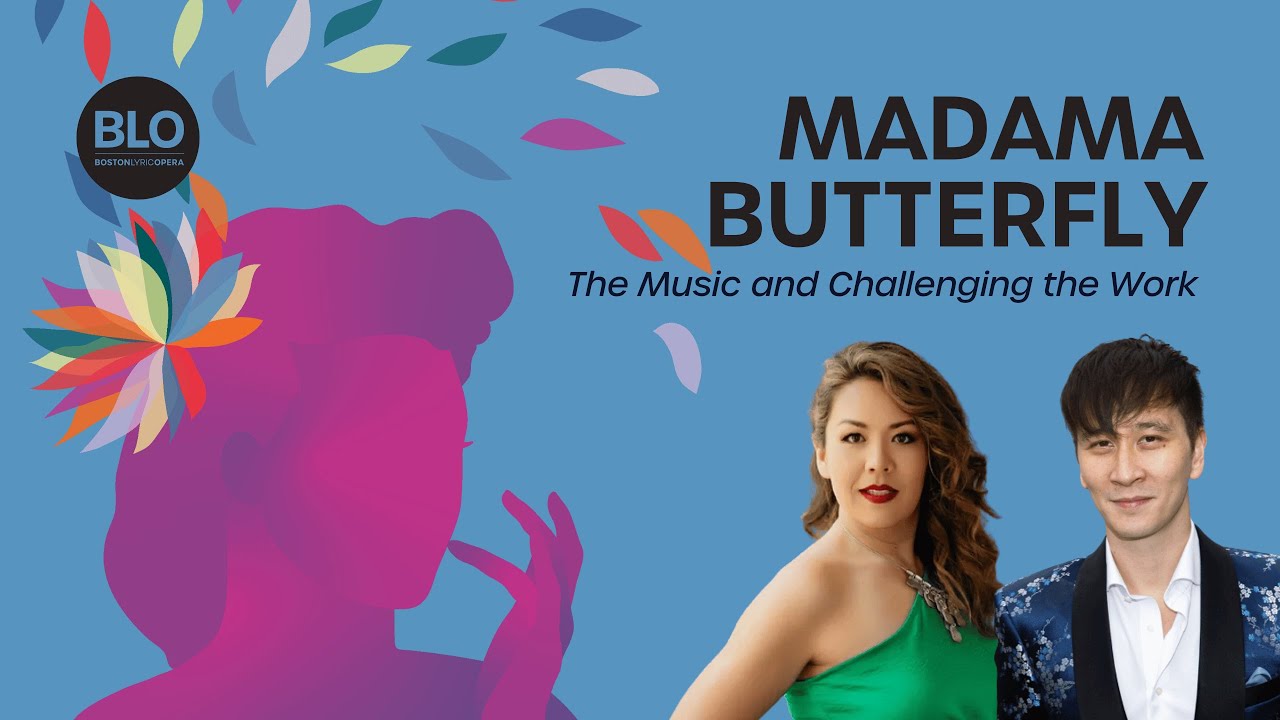
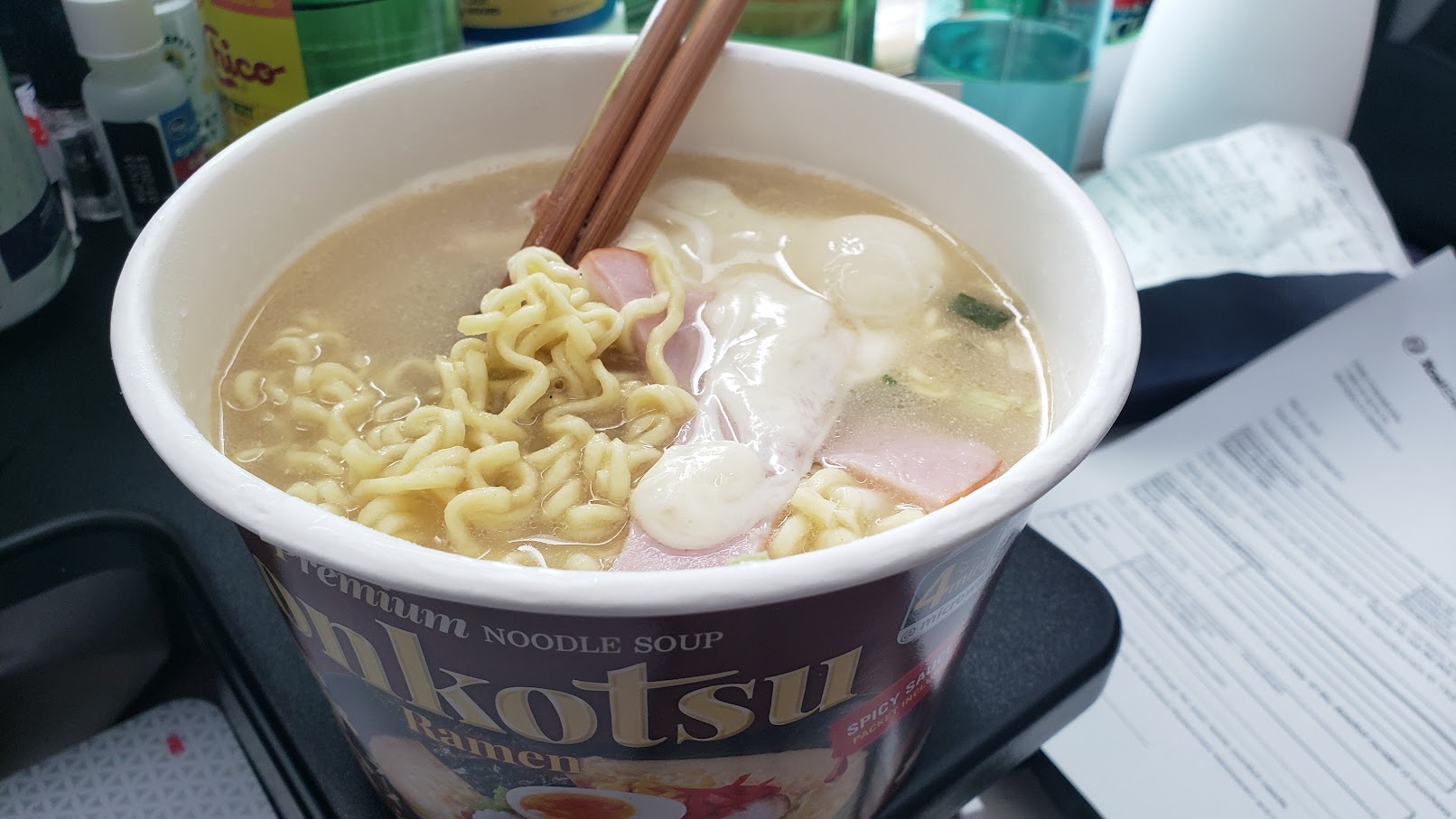
 It's been a few weeks since this happened; I meant to write about it earlier, but better late than never, right? Asian Americans are finally getting more exposure on the TV screen, both in roles that don't require FoB accents (that's "fresh of the boat," for those of you new to the expression), and also in reality TV shows.
It's been a few weeks since this happened; I meant to write about it earlier, but better late than never, right? Asian Americans are finally getting more exposure on the TV screen, both in roles that don't require FoB accents (that's "fresh of the boat," for those of you new to the expression), and also in reality TV shows.  Call him Cool Yul. If you're a fan of "
Call him Cool Yul. If you're a fan of " Poor
Poor  It's May. Happy
It's May. Happy 